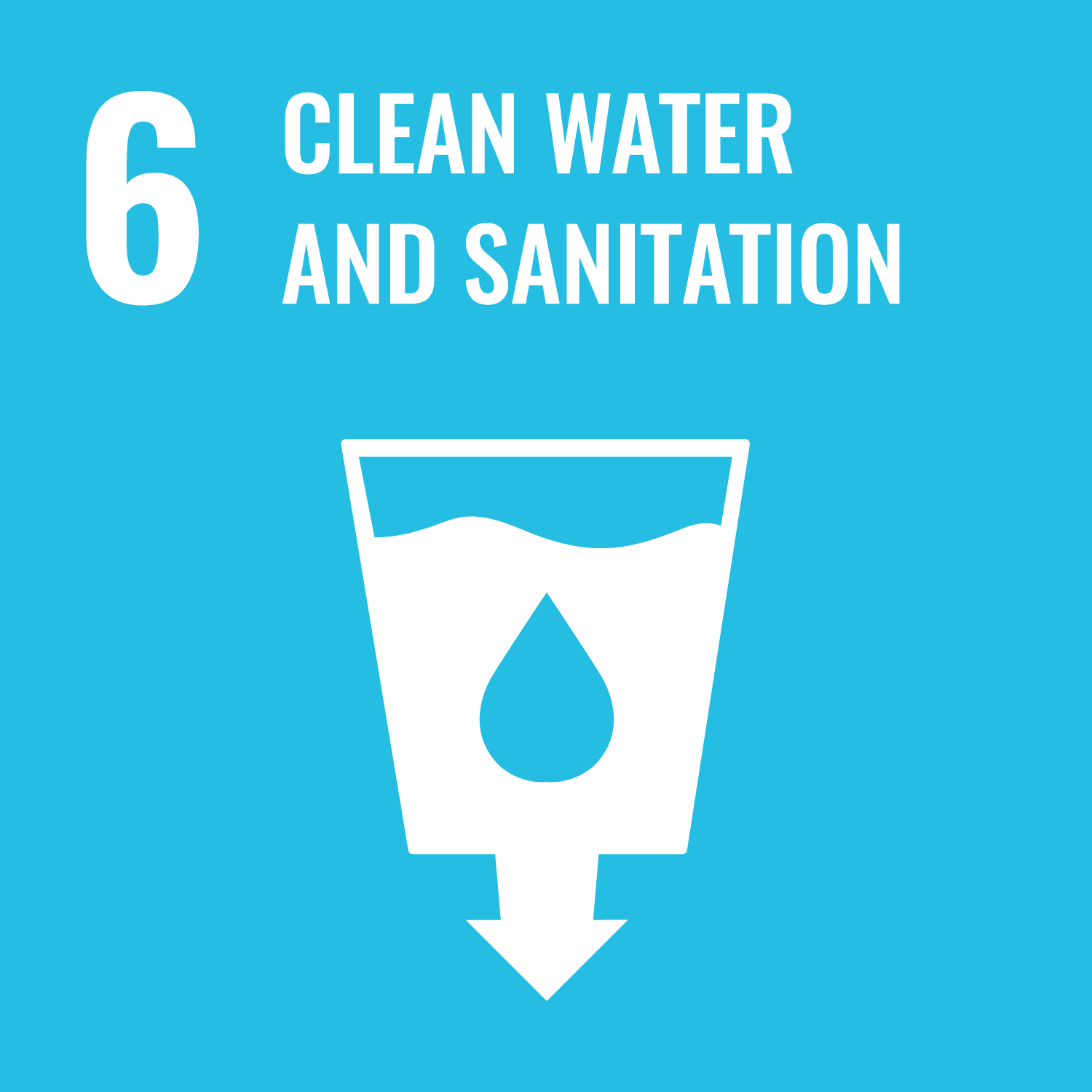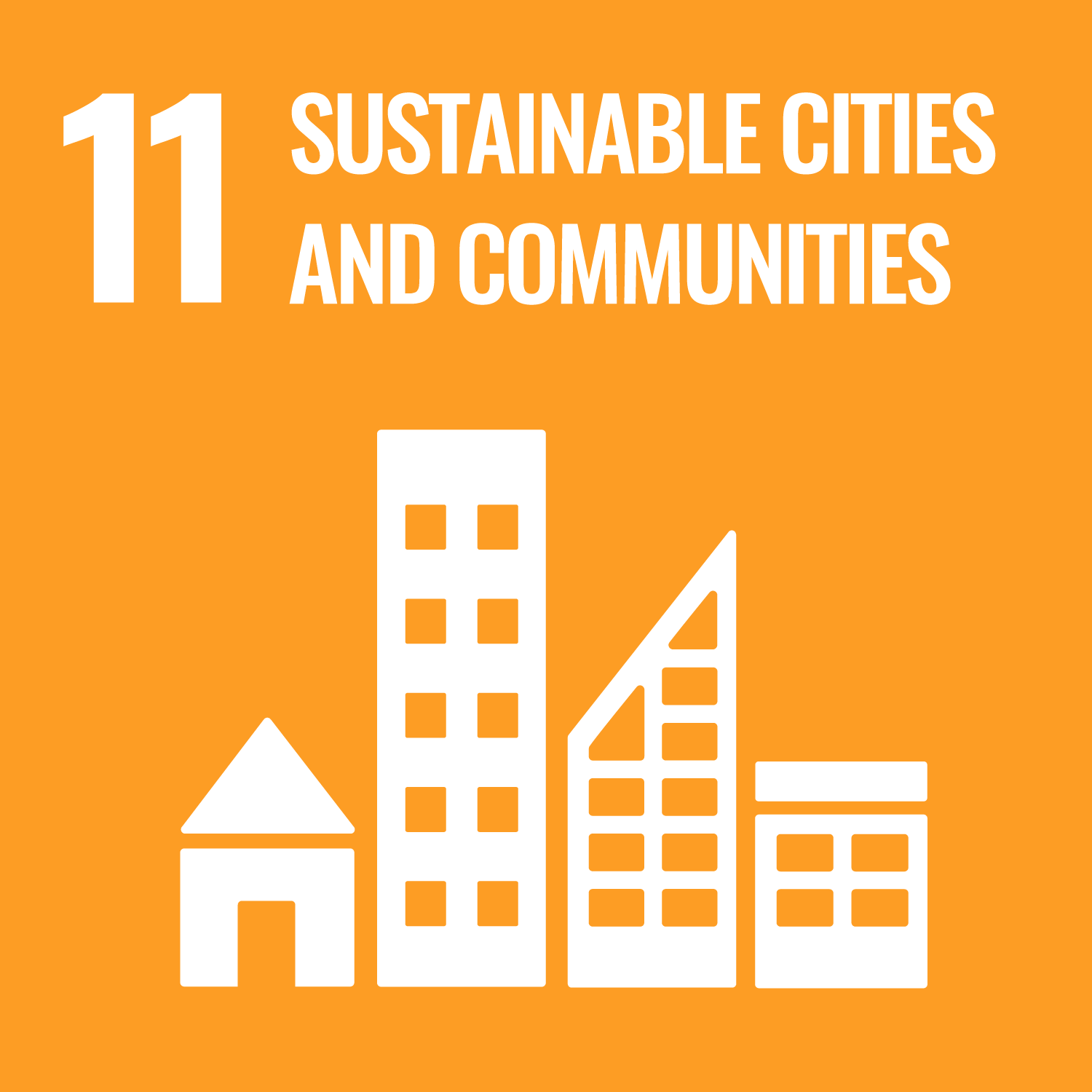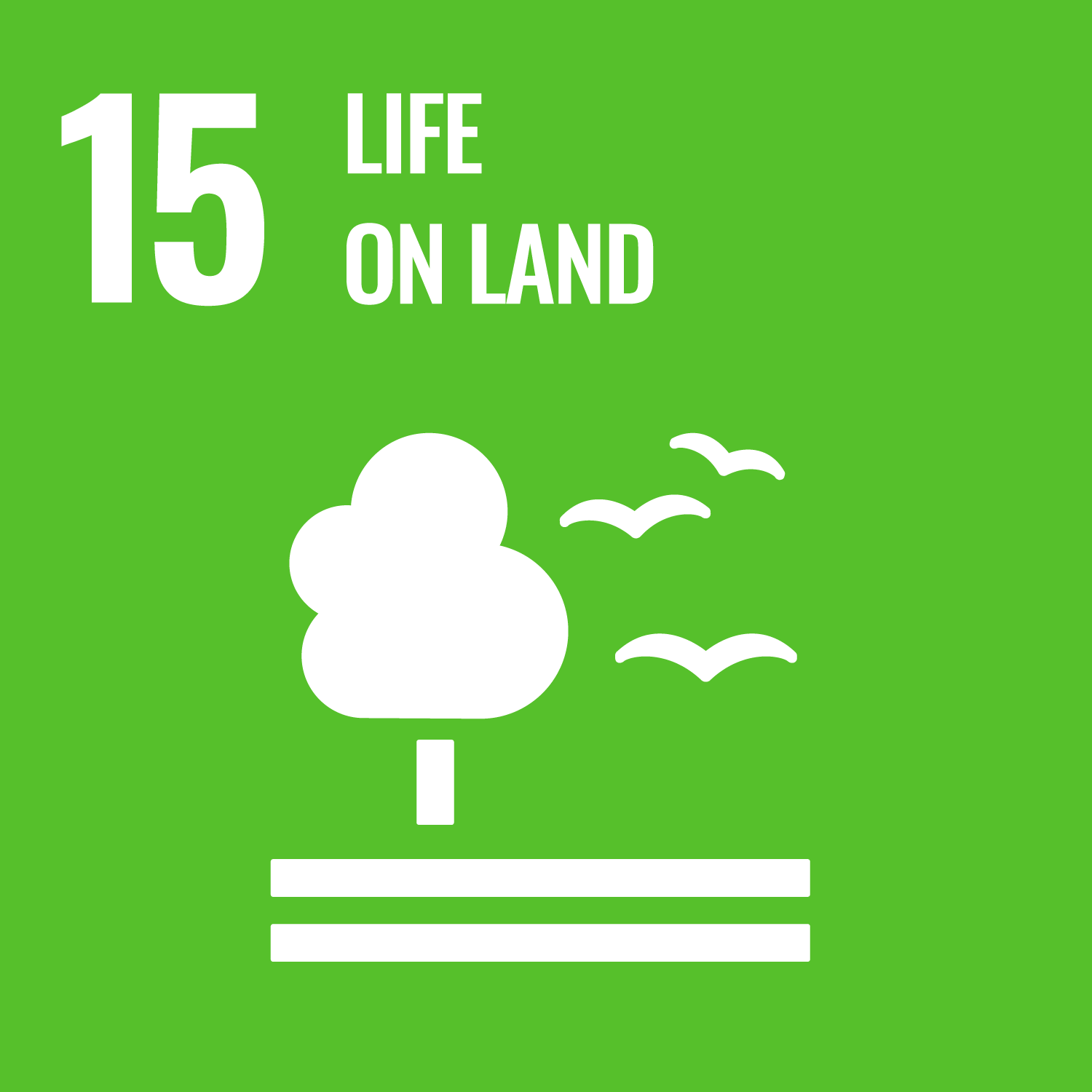ORCID
- Paul Lunt: 0000-0002-1736-317X
- Rob Schindler: 0000-0001-6870-0845
Abstract
Eutrophication of wetlands caused by urban, industrial and agricultural run-off is an important environmental problem. Eutrophication is characterized by excessive plant and algal growth due to the increased availability of one or more growth “limiting nutrients”, in freshwater generally considered to be controlled by the bioavailability of phosphorus (P). The Somerset Levels and Moors (SLMs) catchments are subject to intensive agriculture and wastewater inputs which leads to nutrient contamination of the inflow waters, to the extent that they fail Water Framework Directive Good Status targets for P concentrations. In 2021, Natural England downgraded the status of the SLMs Sites of Special Scientific Interest (SSSIs) to ‘Unfavourable Declining’, owing to poor water quality, mostly associated with P concentrations and associated duckweed and filamentous algal blooms. Macro-plant nutrient concentrations were analysed in ditches, dipwells, soil, sediment and harvested plant biomass across a number of sites to provide an assessment of the overall apportionment of P inputs and reservoirs. Here we present a combined dataset of stores, fluxes and loadings of P. The data show large temporal and spatial changes in the concentrations of P and nitrogen (N) across the peat rich soils. We suggest how an altered hydrological regime and plant biomass harvesting could be used to reduce further eutrophication and how legacy P stored in the peat body could be mobilized by flooding and over time evacuated from the wetland. The findings suggest how paludiculture (wet agricultural crops) and rewetting of the peat body may help to restore the Ramsar wetland. We discuss how complex biogeochemical interactions occur during the rewetting process and how the need to export P via new land management mitigation measures should be balanced against requirements to maximise regulating and provisioning ecosystem services.
DOI Link
Publication Date
2023-09-01
Publication Title
Agricultural Water Management
Volume
287
ISSN
0378-3774
Acceptance Date
2023-06-16
Deposit Date
2023-08-11
Recommended Citation
Comber, S., Lunt, P., Taylor, M., Underwood, N., Crocker, R., & Schindler, R. (2023) 'Restoration management of phosphorus pollution on lowland fen peatlands: A data evidence review from the Somerset Levels and Moors', Agricultural Water Management, 287. Available at: 10.1016/j.agwat.2023.108419





